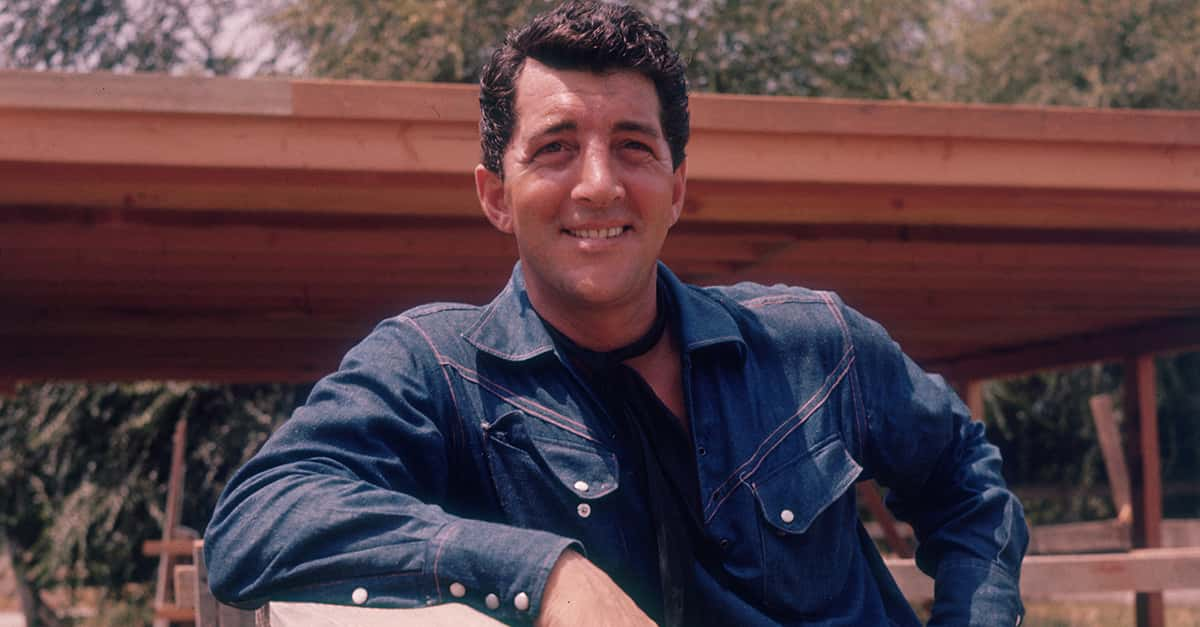
Dean Martin’s journey to fame is one of persistence, resilience, and unexpected twists. Born Dino Paul Crocetti on June 7, 1917, in Steubenville, Ohio, to working-class Italian immigrants, Martin’s early life was anything but glamorous. His father, an immigrant from a small commune in southern Italy, worked as a barber, while his mother’s background remains more mysterious, though likely from a similar region. The family instilled a sense of Italian pride in young Dean, though his childhood was far from easy.
Martin’s school years were miserable. He didn’t speak English fluently until he was five years old, as his home life was steeped in the Italian language. At Grant Elementary in Steubenville, his classmates relentlessly mocked him for his broken English, which made his early years academically and socially challenging. His discomfort in school led him to drop out in the 10th grade, after which he decided that education wasn’t for him. Even though he had managed to overcome his accent and win over some of his bullies, he felt that formal schooling was a waste of time. With an innate sense of confidence, Martin set out to make a name for himself, though his early career was far from the spotlight.
Dean Martin found himself briefly working in a steel mill, but this job didn’t last. His true start in life came during the Prohibition era, when he turned to bootlegging to make a living. This criminal activity brought him into contact with shady characters, but the risks involved didn’t stop him. It wasn’t long before he found his real calling in something even more dangerous—prizefighting. Under the name Kid Crochet, Martin began boxing, a path that led to broken noses, torn lips, and bruised knuckles. Despite the physical toll, he began to understand the value of self-defense and toughness.
Eventually, Martin realized that boxing wasn’t a sustainable career. He moved to New York City, where he shared an apartment with another Italian-American aspiring artist, Sonny King. Both of them needed money, and instead of taking the conventional route, they came up with a scheme to make quick cash: they started a bare-knuckle fight club. They charged spectators to watch them fight, turning their apartment into an underground spectacle. While it was a way to survive, Martin soon realized that getting beat up for money wasn’t a long-term solution.
As he moved on from this rough path, Martin found himself in a speakeasy/casino behind a smoke shop. Working as a dealer and entertainer, Martin finally found a world that intrigued him. It was here, in these shady lounges, that he learned the ropes of entertainment, leading him to pursue his passion for singing. Martin’s shift from boxing to singing was a natural one, as he realized that performing was far more enjoyable than getting punched in the face. He began performing at local clubs, initially imitating crooners like Perry Como, and the crowds loved him. With a steady gig and a growing fan base, Dean Martin started making a name for himself, eventually leading him to become the King of Cool and an iconic entertainer.